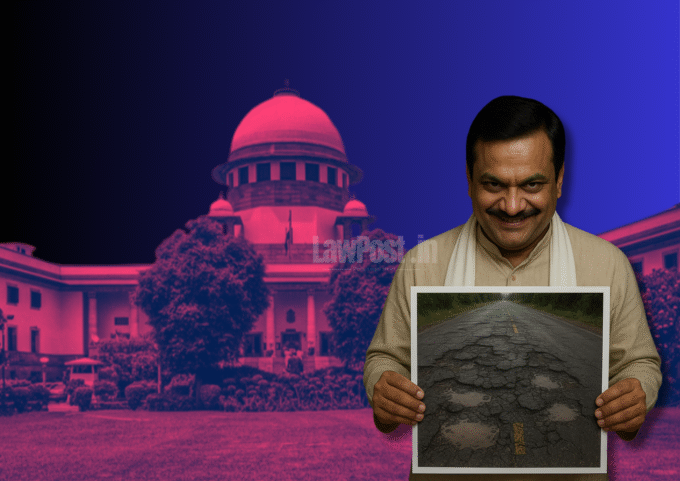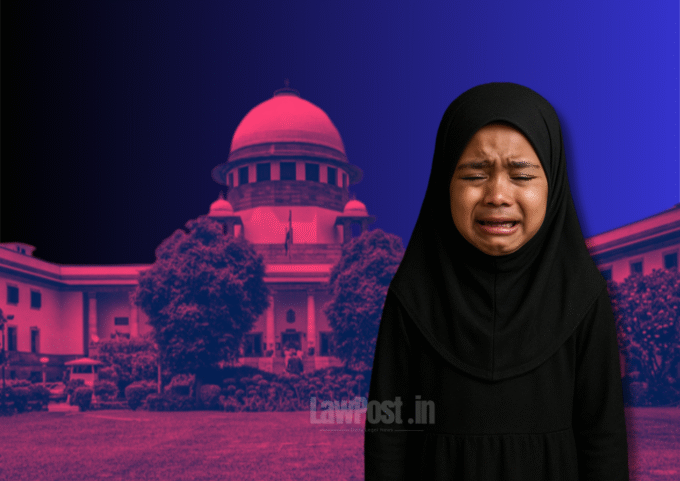In a significant ruling, the Supreme Court on August 26 acquitted two men, including a death row convict, in the 2012 rape and murder of a 12-year-old girl in Lucknow, sharply criticizing the police and prosecution for conducting a “lackluster and shabby investigation.”
A Bench of Justices Vikram Nath, Sanjay Karol, and Sandeep Mehta overturned the convictions of Putai and Dileep, who were earlier sentenced to death and life imprisonment respectively. The Court noted that the prosecution had failed to establish guilt beyond reasonable doubt in a case resting entirely on circumstantial evidence.
“We feel that the present case is yet another classic example of lackluster and shabby investigation and so also laconic trial procedure which has led to the failure of a case involving brutal rape and murder of an innocent girl child,” the Court observed.
The case dates back to September 2012, when the 12-year-old victim went missing after stepping out to relieve herself. The next morning, her belongings and later her body were discovered in nearby fields. A police complaint was filed, and two men from the same locality were arrested.
The prosecution relied primarily on circumstantial evidence, including the recovery of the victim’s belongings from the field of accused Putai. Forensic reports, however, became the center of dispute. The first DNA report in January 2014 was inconclusive, while a supplementary report suggesting a match with the accused was never proved in court nor put to the accused for their response under Section 313 of the Code of Criminal Procedure.
Highlighting procedural lapses, the Bench pointed out that the “chain of custody of blood and biological samples was not proved,” and that inconsistencies plagued the medical testimony.
Reiterating the settled principle of criminal jurisprudence, the Court said:
“In a case based purely on circumstantial evidence, the prosecution must prove its case beyond reasonable doubt. The incriminating circumstances must be such which point exclusively to the guilt of the accused and are inconsistent with his innocence or the guilt of anyone else.”
The Bench further emphasized that “suspicion, however strong, cannot replace proof,” noting that except for the recovery of the child’s belongings from the accused’s field, there was no credible evidence pointing to their guilt.
Concluding that the prosecution had “fallen woefully short of proving the guilt of the accused-appellants by clinching evidence,” the Court set aside the convictions and ordered the acquittal of both men.
Senior Advocate Sadan Farasat, along with Advocates Shreya Rastogi, Manasa Ramakrishna, Abhishek Babbar, and Kabir Dixit, represented the accused. Advocates Shaurya Sahay, Aditya Kumar, and Aman Jaiswal appeared for the State.
Case: Putai vs. State of Uttar Pradesh – Available on LAWFYI.IO








